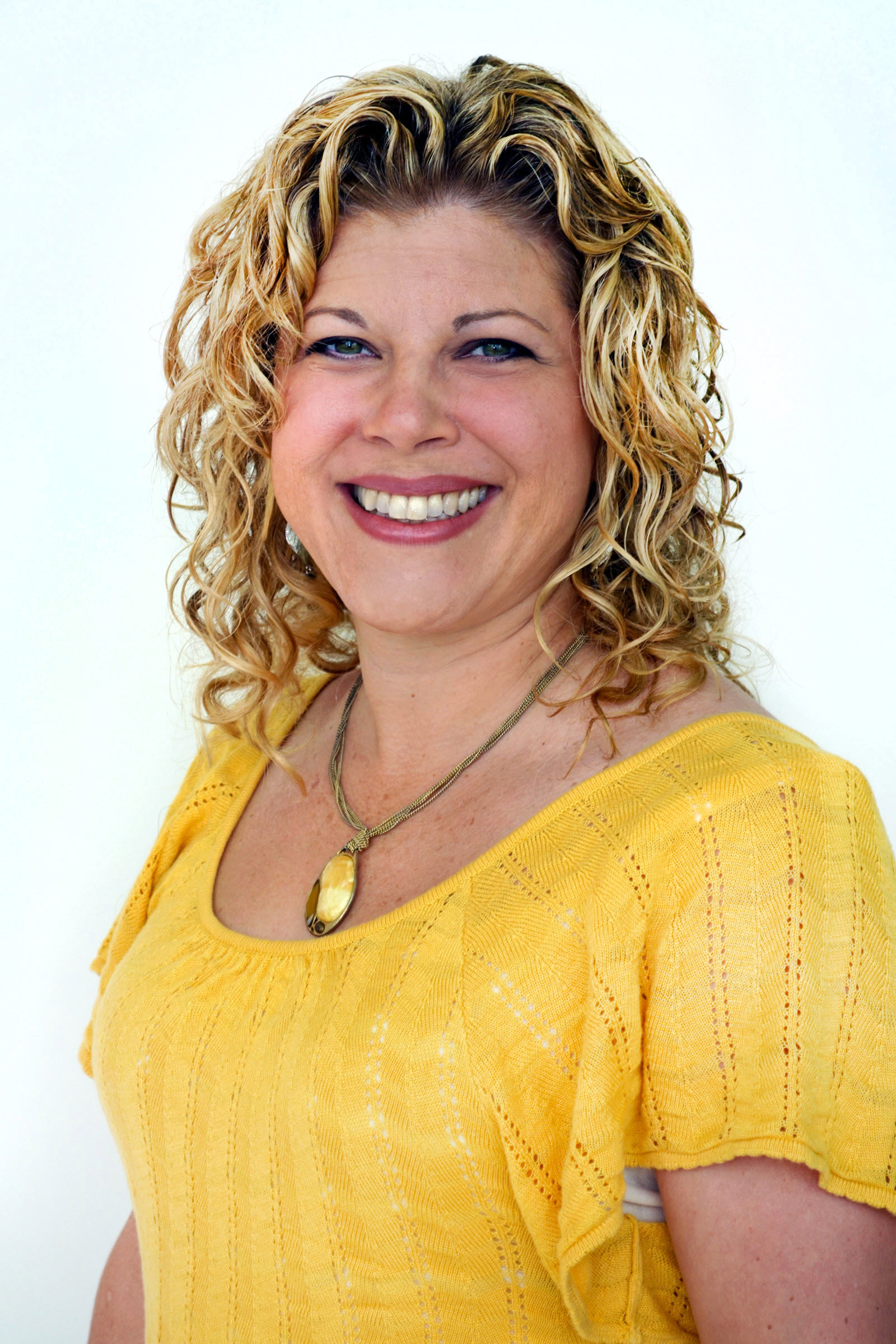Quality of life in adolescents and young adults with and without Spina Bifida: An exploratory analysis. Journal Article
Local Library Link: Find It @ Loyola
| Authors: | Ridosh, MM; Sawin, KJ; Roux, G; Brei, TJ |
| Article Title: | Quality of life in adolescents and young adults with and without Spina Bifida: An exploratory analysis. |
| Abstract: | PURPOSE: The measurement of Quality of life (QOL) in adolescents and especially in adolescents with disabilities is limited, often by an assessment of function rather than perception. This analysis explores QOL in adolescents and young adults (AYA) with and without Spina Bifida (SB) from the perspective of AYA and their parents. DESIGN AND METHODS: A descriptive study using content analysis was conducted as a component of a larger multi-site mixed-method study of secondary conditions and adaptation. Participants responded to a single open-ended question on the meaning of quality of life. RESULTS: Descriptive accounts from 209 families generated the following shared categories: an engaged family, a positive life, the goal of independence, being healthy, essential needs for living, having friends, relying on faith, and romantic relationships. A unique category emerged from parents, doing what AYA wants to do. CONCLUSIONS: Family was the most frequently nominated component of QOL. The centrality of family in QOL is an important finding generally not assessed in measures of QOL or even less in health-related QOL instruments. PRACTICE IMPLICATIONS: Findings illustrate the importance of evaluating overall QOL from the perspective of AYA and their parents. |
| Journal Title: | Journal of pediatric nursing |
| ISSN: | 1532-8449; 0882-5963 |
| Publisher: | Unknown |
| Date Published: | 2019 |
LUC Authors
-
 15
15Ridosh
Related LUC Article
